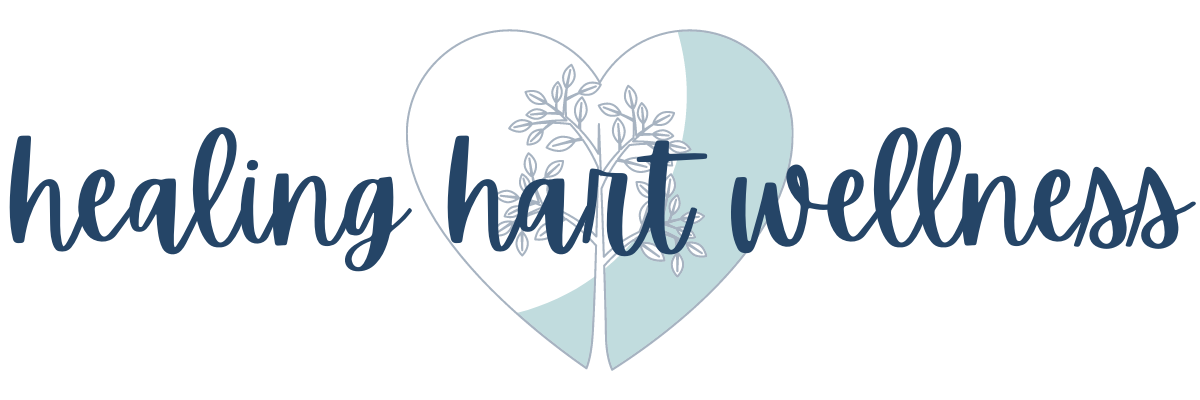
Grief During Coronavirus
When you hear the word grief, do you instantly think about death? Grief comes in many forms. We may grieve the death of a loved one or pet, relationships that change or end, and even missed opportunities. Grief is simply the feeling of deep sorrow we experience when we have a loss. It is an emotion that can be physically expressed by a deep pang in the bottom of the stomach, a heavy weight in the chest, extreme exhaustion, lack of appetite, sleepless nights, crying, and rage. Do you recognize the feeling?
On September 11, 2001, I was in Spanish in a portable classroom at Rocky Hill Middle School as they announced to us we were being dismissed mid-morning. I distinctly remember the confusion in the moments and days that followed, the answers no one really had, and the feelings that accompanied those moments - grief. Similarly, my mother has told me that she remembers exactly where she was when JFK was shot in 1963. Although she was 12, the same age as I when 9-11 happened, and we didn’t talk about it until over 40 years after the event, it was all very vivid in her memory (she was also at school). Neither of us experienced personal loss during those events, yet we both experienced grief and the feelings that accompany grief.
So, what does this all have to do with your child and COVID-19? The events surrounding COVID-19 didn’t happen as abruptly as 9-11 or JFK, but they affected our state, country, and world. Just as 9-11 redefined air travel and JFK’s shooting redefined presidential security, the Coronavirus we are dealing with is redefining our social world as we know it. This pandemic will likely be a memory your child has forever as they will experience the effects for months to come, and it is more than likely that your child is grieving.
Your child has experienced an incredible amount of loss in the last two months. Along with losing their routine and their support network at school, they have lost their sense of normalcy. There is no visiting with friends to play, accompanying you to the grocery store to beg you to buy their favorite snacks, or practicing sports in person with their coaches. They are confused (rightfully so) and have questions that cannot be answered. Their confusion is compounded by the confusion we have as adults. We don’t know what summer will look like, we don’t know about their birthday, and we don’t know when we can hug our extended family again. They grieve for these moments.
Our children’s grief is experienced in many different ways. For graduating or moving students, the grief intensifies. They won’t get to hug their friends goodbye. They don’t get to clear out their lockers or jump through the doorway on their last day of school. For younger students, the grief is more confusing. They don’t have the language to explain why they are feeling what they are feeling -- they may not even have the words to name their grief.
So, how can you help your young person?

Cope & Connect During COVID-19
You wake up and get yourself some coffee, enjoying the few moments of quiet before you awaken the house. Once you start waking up your child(ren), the day involves making sure they are on their live sessions, helping them check off items on their to-do list, managing a meltdown or two, and corralling them back to their desk to finish their work. You feel pressure to be enjoying these moments, but in reality, you just want them to learn from their teachers at school, and you kind of feel guilty for those feelings. Sound familiar? You are not alone.
The times we are in are not fun-filled vacation times. Your young person is struggling with the disruption in their routine, and I would bet you are dealing with a mix of meltdowns, anxiety, trouble falling asleep, clinginess, difficulty paying attention, change in appetite, sadness, and/or frustration in your home right now. Let me repeat: you are not alone. Right now, your child needs you to help them figure out how to manage their feelings and survive this challenge. Right now, they need you to help them develop skills to cope and to connect. Let’s look at what this means and how to help.
Cope: Young people need to learn skills to manage their emotions in a healthy way. You may have noticed that your child is struggling to use the strategies they found helpful prior to this pandemic. Perhaps they are regressing or having more meltdowns. Let’s explore two different strategies to help your young person learn to cope.

